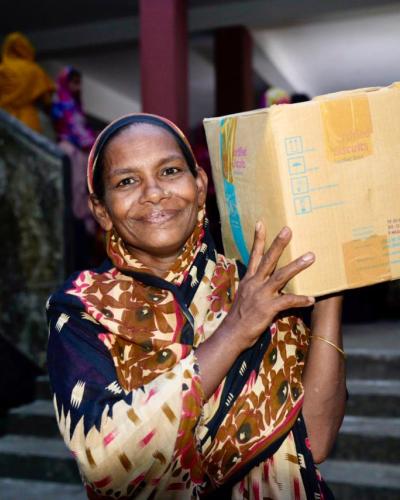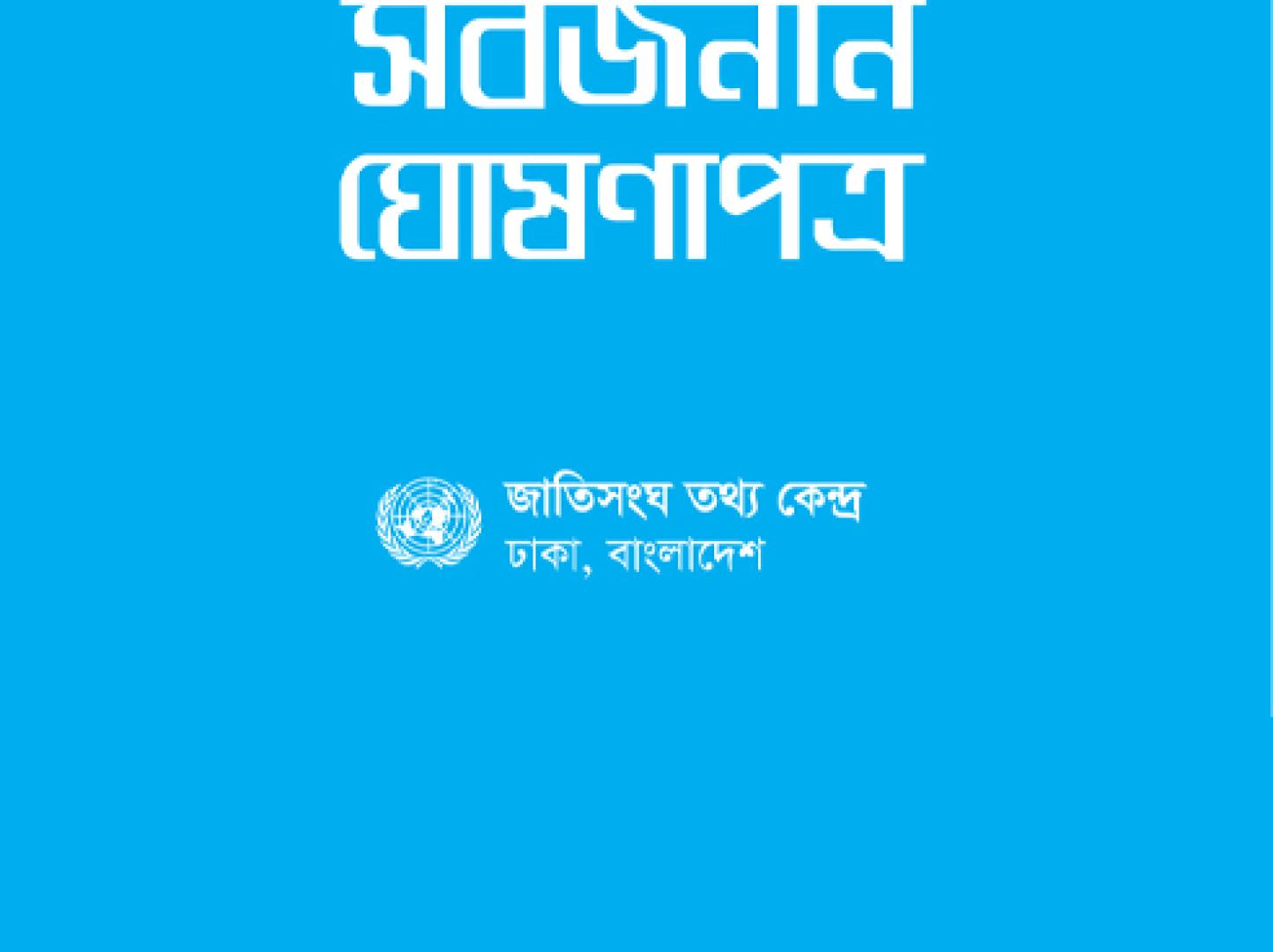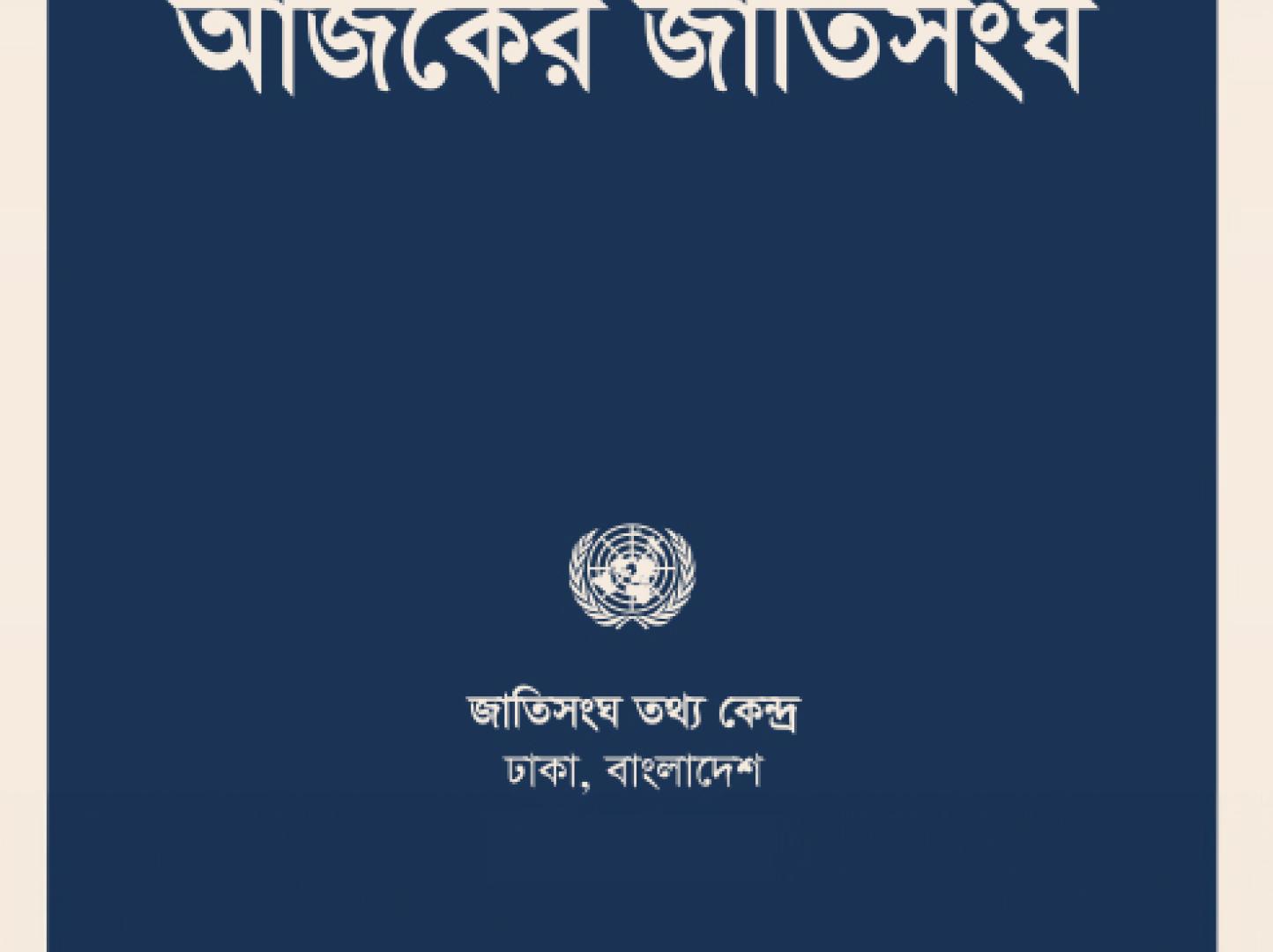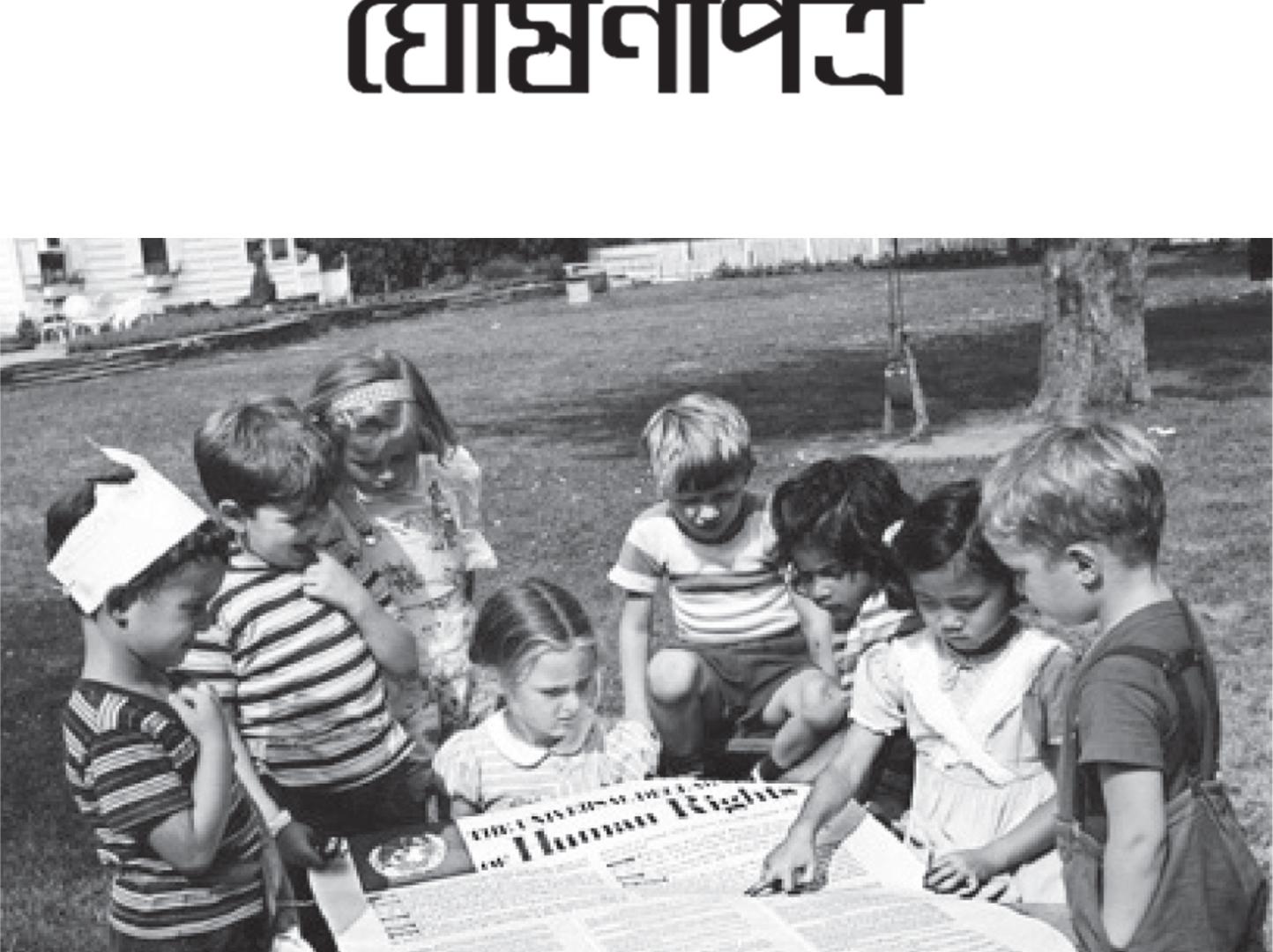Impact of Cuts – Bangladesh - Outcome of 2023 pilot study: Impact of funding shortfalls on beneficiaries

This study has highlighted how, as a result of drastic cuts in food aid, beneficiaries have seen a dramatic impact on their food security. Indeed, the increased reliance on unstainable coping strategies is a testament of how beneficiaries sacrifice long-term resilience for short-term survival.
Needing immediate solutions to cope with this shock and secure food, most vulnerable family members, such as children and women, are required to endure. Children being removed from school attests to how this shock will have long-standing impact on families.
In the few months after the cuts, households have relied on coping mechanisms and community support to sustain food consumption. However, these informal safety nets might also be affected since social relations and level of criminal activities worsened in some countries after the cuts.
The impact seen on food security, coping strategies used and the community all indicate a reduction in means available for households’ resilience. As such, in the event of additional shocks, the imperative for humanitarian aid could increase to higher level than previously needed, driving the humanitarian community further away from addressing a Zero Hunger mandate.
As noticed within the study, beneficiaries experiencing a reduction in assistance and not finding satisfying livelihood opportunities also consider moving away from their communities. This highlights the importance of monitoring the chain reaction from cuts over time, but also across borders. Beneficiaries embarking on arduous journeys abroad could substantially increase the cost for donors who must support those beneficiaries at their countries’ borders.
With alarmingly low funding forecasts, the need for WFP’s assistance will continue to increase if additional cuts are implemented, as unsustainable coping strategies are used at the detriment of a household’s ability to attain self-sufficiency. WFP Bangladesh experiencing funding cuts would thus benefit from implementing the appropriate study design, enabling them to better align their programmes and prioritization decisions to the impact felt by beneficiaries.














